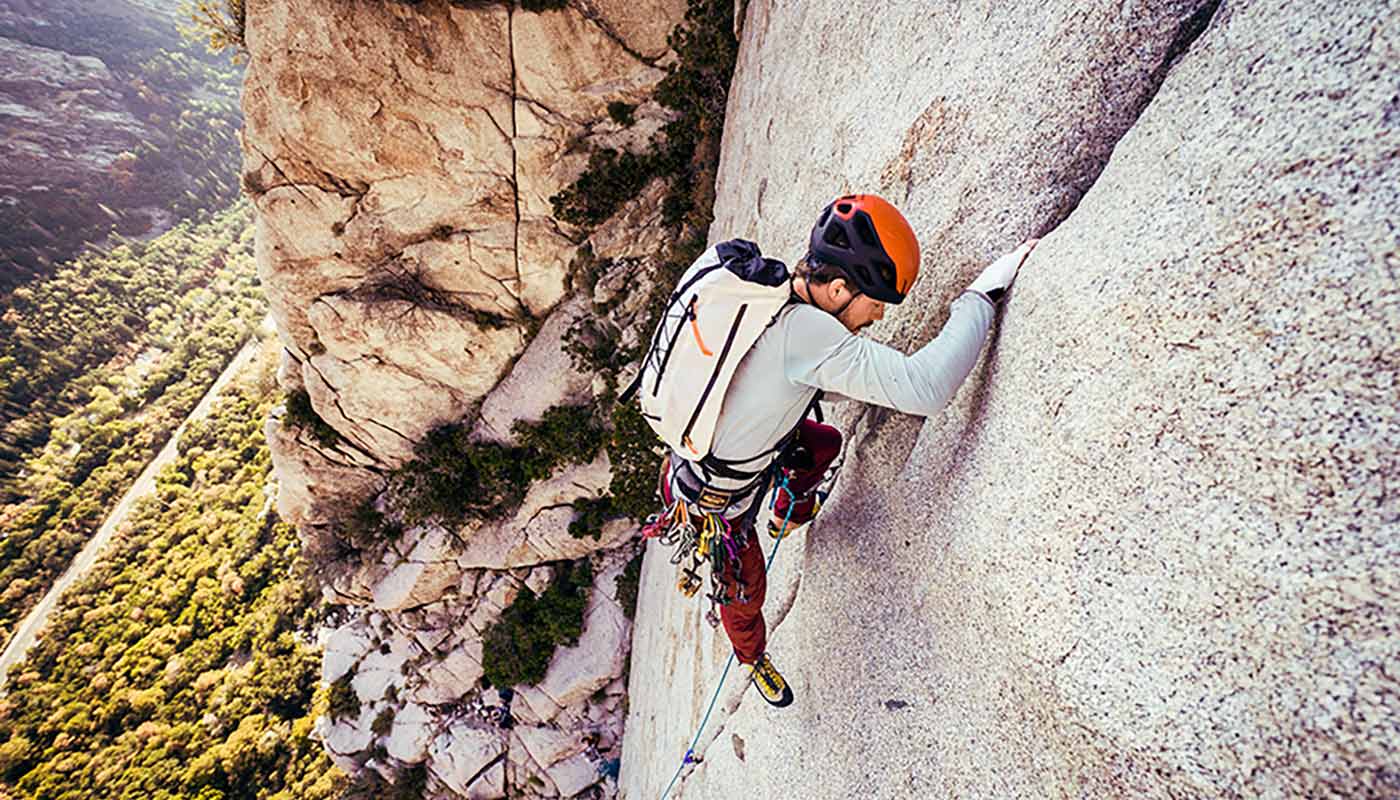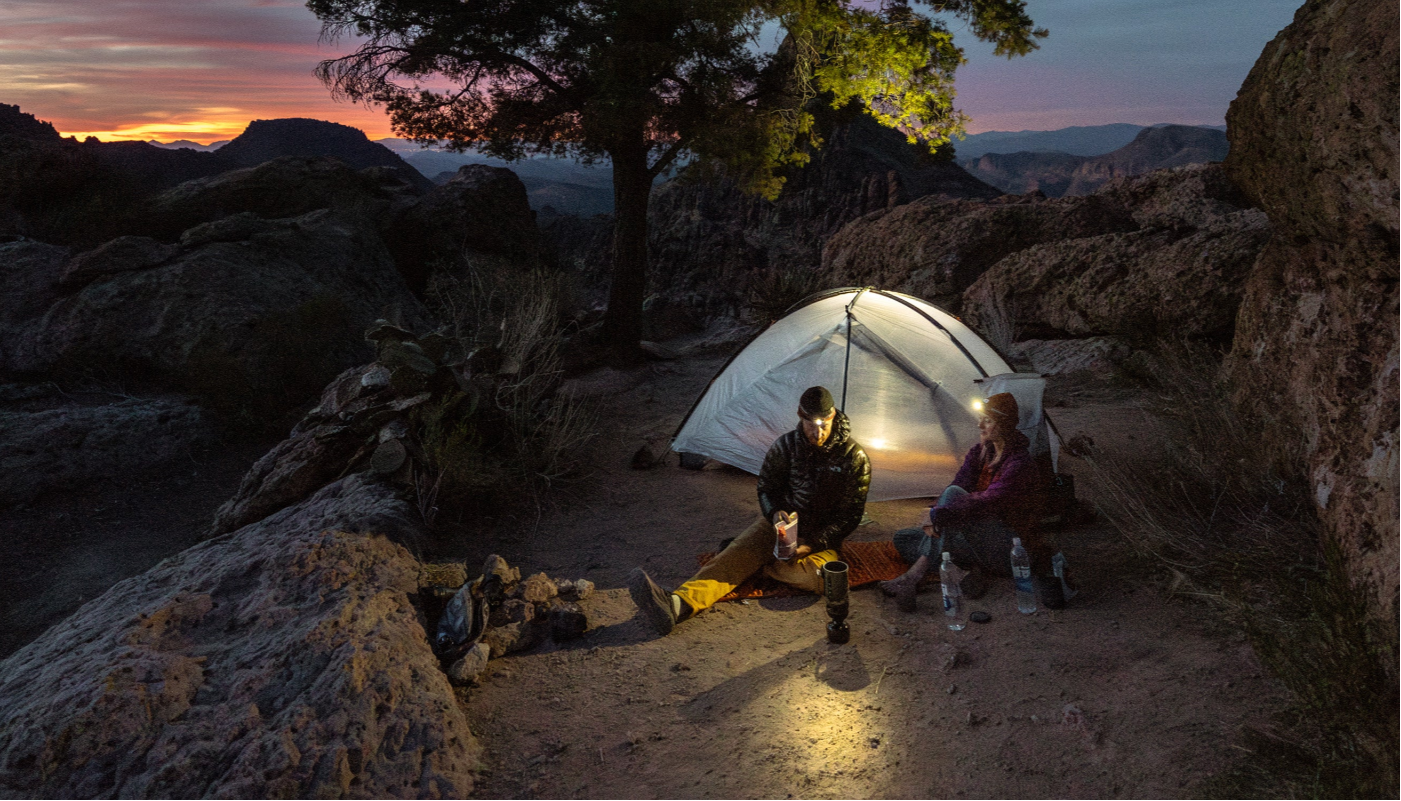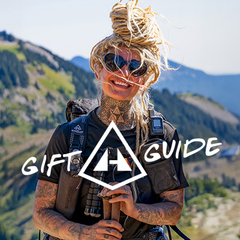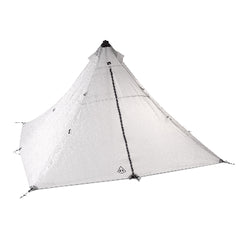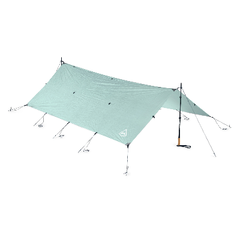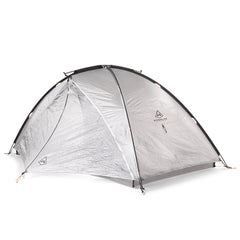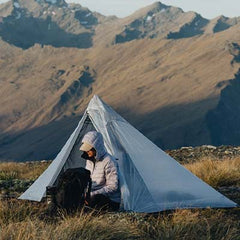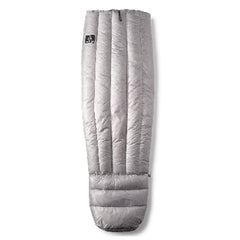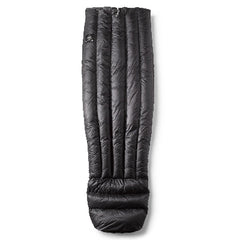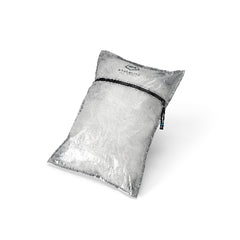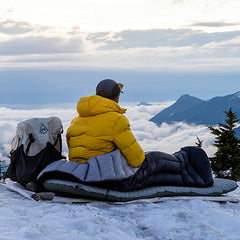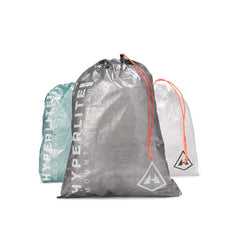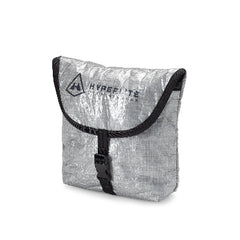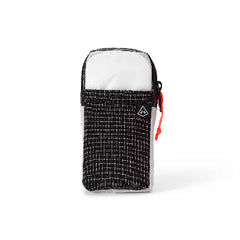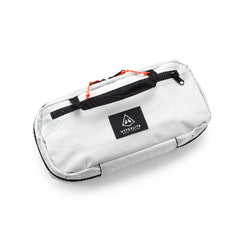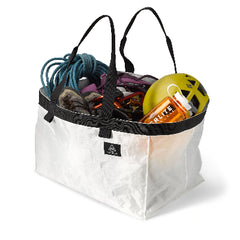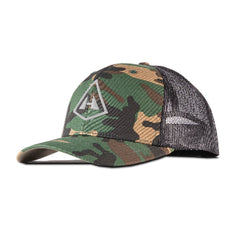Words & Photos by Tyler “Waterboy” Cosgrove
The following is not a, “How to Go Backpacking for Beginners” guide. Rather, this is an article for experienced backpackers taking their first newcomer out. I’ll go over a few things to help the experienced backpacker better the experience of the newcomer. I will talk vaguely of Leave No Trace, ultralight, first aid/safety, and navigation principles. And I’ll assume that if you’re reading this, you know these principles well enough to be a responsible teacher and guide to a newbie backpacker. But we should still review.
Through my experience of taking newcomers out and talking with them beforehand, I have compiled a few easily-mitigated concerns. Most of these come from lack of knowledge. Whether it be gear, the type and amount of clothing to wear, or what kind and type of food to bring, the concerns can be lessened days before stepping foot on a trail. Going through ALL gear is essential.
Make sure the new-to-all-of-this person has the proper equipment and clothing. If they’re borrowing your old or extra gear, show them how everything works and what you are giving them to carry days before you depart. Or, maybe they are in the market for gear of their own. Going to an outdoor store alone and unknowing is overwhelming. Go with them and help them make good decisions; this is an excellent opportunity to show them where a lot of weight can be saved and start introducing them to basic ultralight principles. Have them practice packing and setting up their new set up before departing.
This same tip applies to the food your newcomer will be packing. Take them grocery shopping with you. Teach them what makes ideal meals for backpacking –calories vs. weight, convenience, nutrition, amount, etc. Taking them grocery shopping is especially important if the person has dietary restrictions that differ from yours.
One more thing I will add to the list of things to do before taking your newbie out – get to know a brief medical history. Your newbie might not be thinking about packing their daily prescriptions, EpiPen, or telling you about their low blood sugar until it is too late. Asking this reassures your partner they are in trusting and caring hands, and it could easily avoid injury or even death, so don’t be embarrassed or think it’s too invasive to ask!
The time has come! Most of your newbie’s concerns have been squashed, and they are excited to hit the trail with you. This is where knowing the difference of things you teach vs. things to let be experienced come into play. Leave-No-Trace principles (especially when it comes to going to the bathroom), navigation, and safety are things that should be taught and reinforced through setting an example. Some things are better to be self-taught through failure and experience, like how to get a good pitch on a tent, proper packing up, or physical limits. Really, everything else can only be learned through more experience and increased exposure to backpacking. Until their tent falls in a storm, they won’t know the importance of a good pitch. Until they find their physical limits, they won’t know what they’re capable of.
While hiking, try to be encouraging of your newbie and let them set the pace. Be a good example in all aspects of backpacking and Leave-No-Trace. Let your love of the outdoors shine, and they will in turn see how rewarding backpacking can be!
When the trip is over, I like to pick the brain of the person I just took. Ask them if there is anything in their pack they didn’t use, or they wouldn’t bring next time, what surprised them as easier than expected, and what surprised them as harder than they thought it would be. This helps prepare them for next time they go, and helps you know how to better the experience next time you share your favorite trail with another newbie backpacker!
TESTIMONIALS:
Some of my initial apprehensions about backpacking were drawn from concerns that I would lack the endurance and physical fitness necessary to keep up with more experienced hikers, that I would not be suitably educated on how to properly prepare, pack, and use my gear, and that I would not be ready to avoid injury or handle an emergency situation, be it through lack of food or improper self-care techniques.
From the start, you helped me understand the “hike your own hike” philosophy, which made me realize I shouldn’t compare myself to others with greater experience, that it was okay to adapt at my own pace, and that endurance and physical vigor would come with experience. You let me learn this on my own and didn’t attempt to control or rule the way in which I learned or grew confident. You also helped me understand the importance of carefully and methodically taking inventory of my gear and supplies, how to pack efficiency, and how to reduce weight.
Regarding gear and preparations, you instilled in me the confidence and knowledge necessary to stay safe and get through unpredictable situations. Ultimately, and most importantly, you not only helped me transition into backpacking by constantly encouraging me and providing positive reinforcement and constructive criticism, but you passed on to me your love for backpacking, as your genuine care others and your love for the outdoors reflected the culture surrounding it.
I would have had way too much food. The things you showed us as far as how to cook and eat with minimal pots and utensils saved a lot of weight and hassle. Having a light pack was life or death for this first timer and old man. The right kind of clothing that keeps you dry or warm and is light was new to me.
Having the best packs and equipment made the difference between making it to the lake or not. I think for me, next time I would make sure not to do more in a day then your body can take. It’s better to stop and rest than to get something hurt. I would also try to find the time before to go on some good long walks if nothing else to try to get in better shape.
